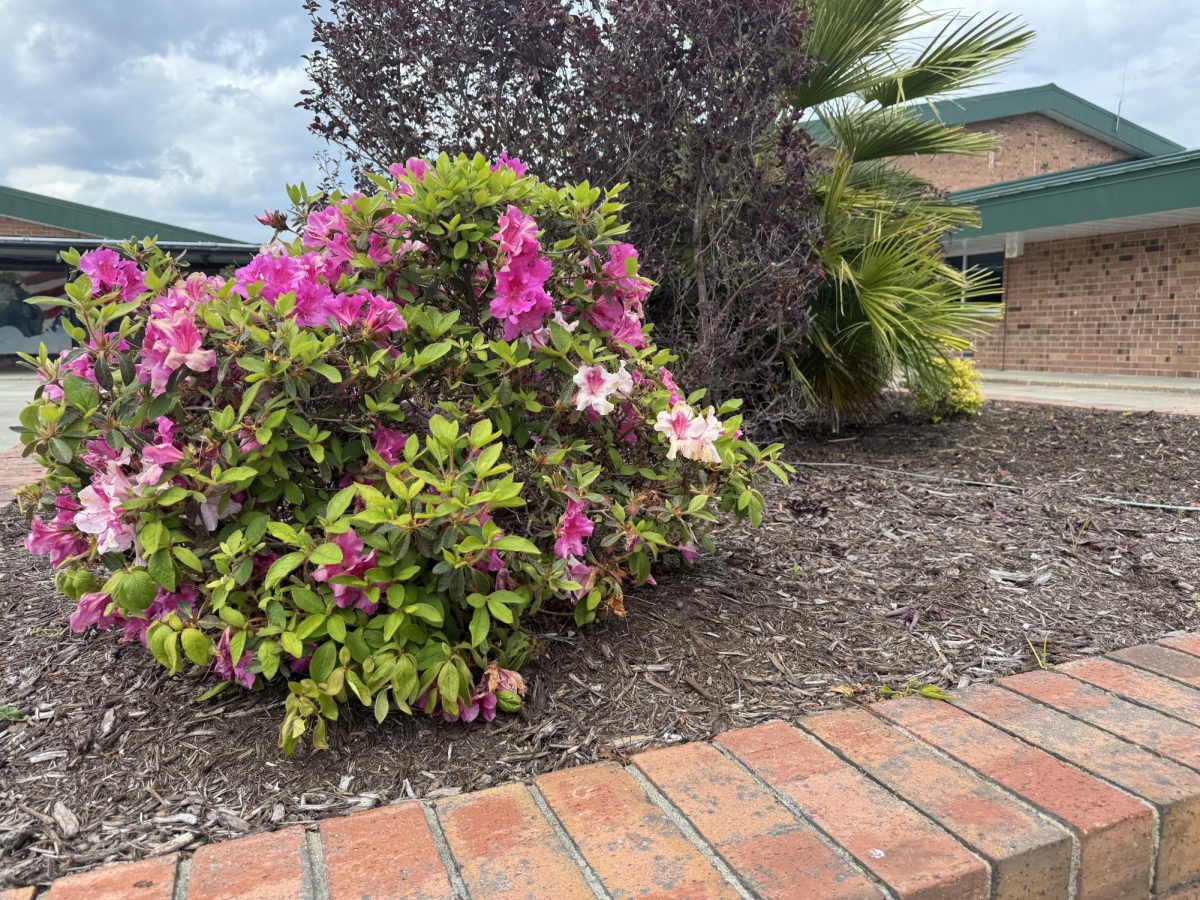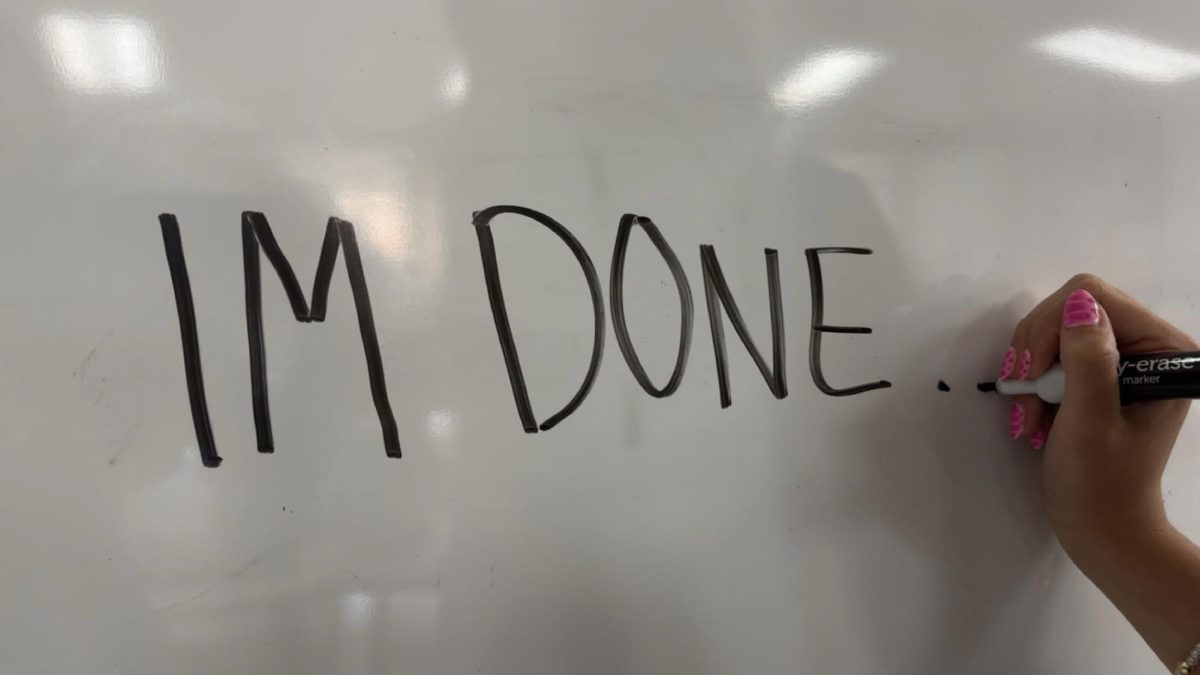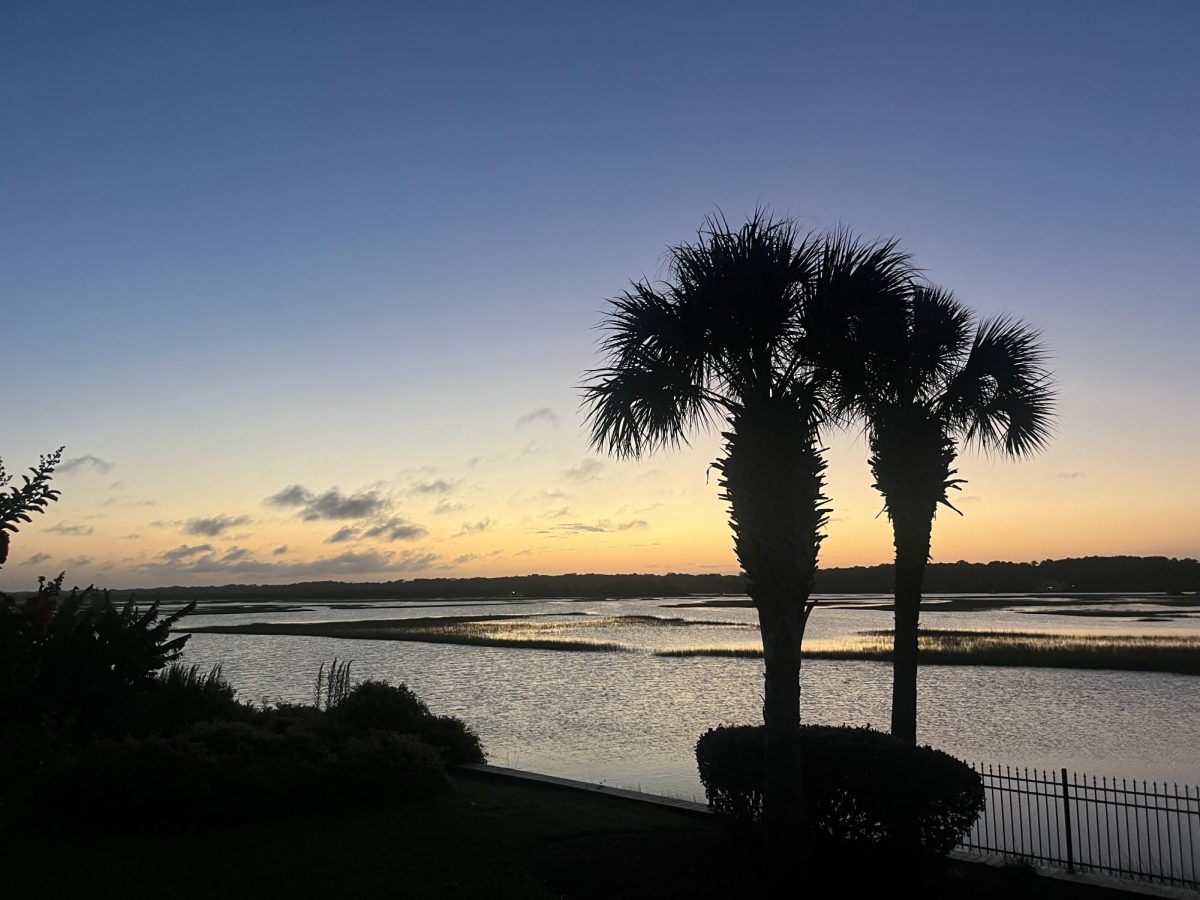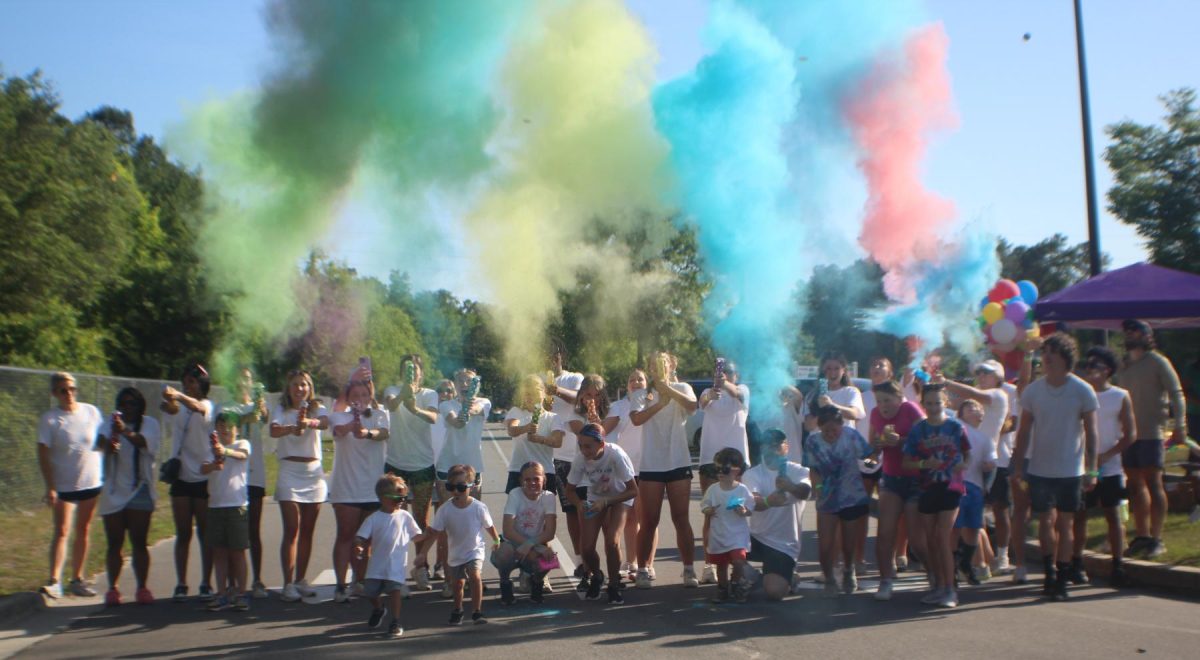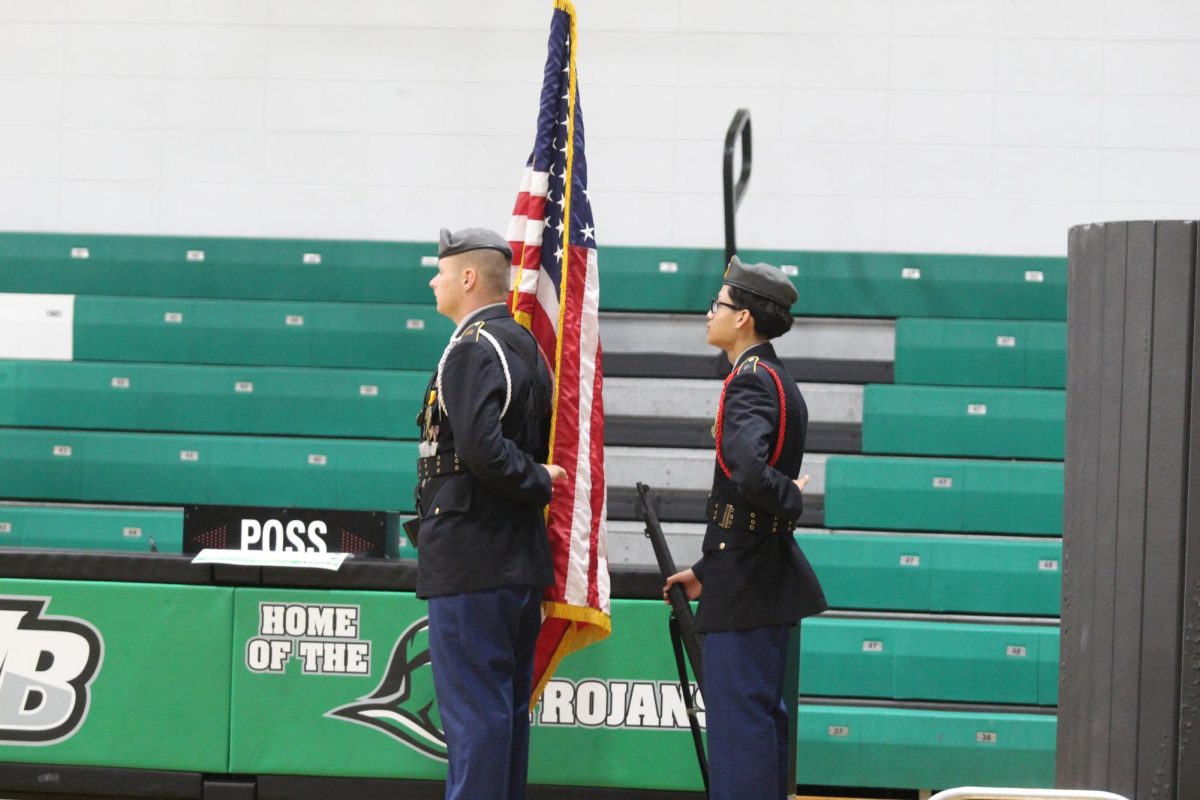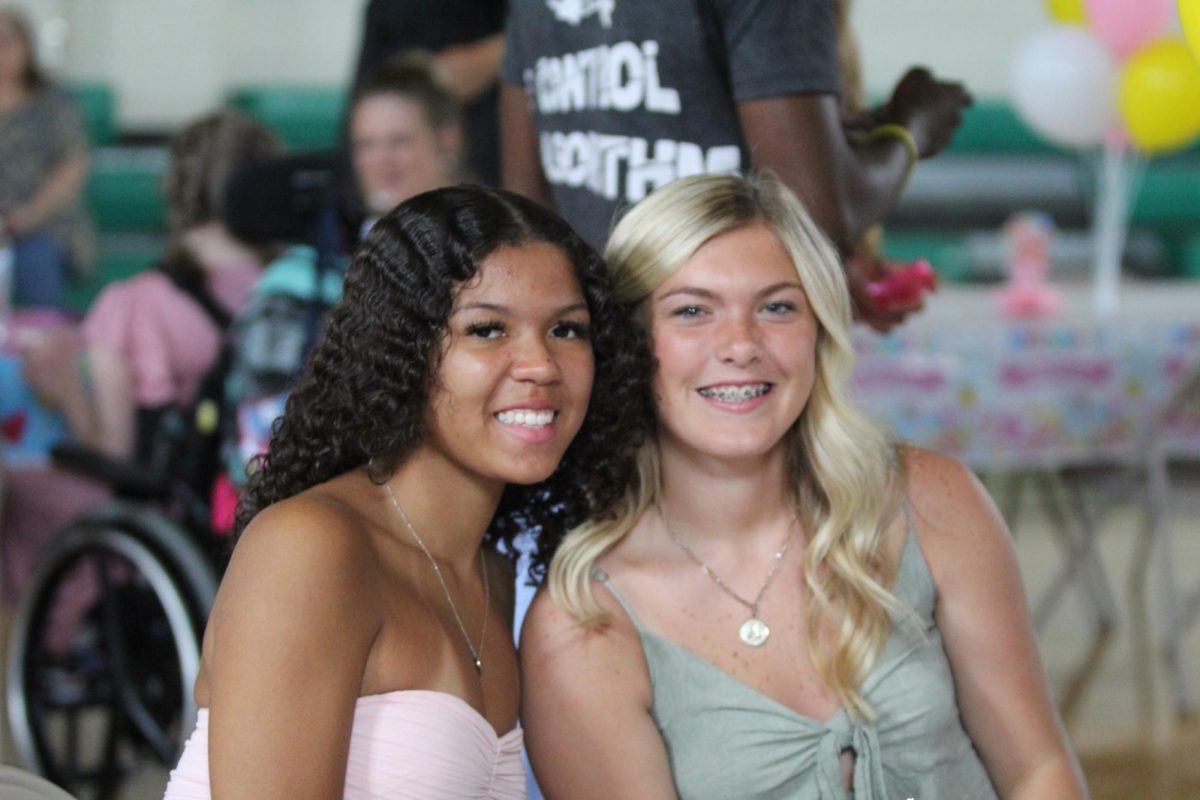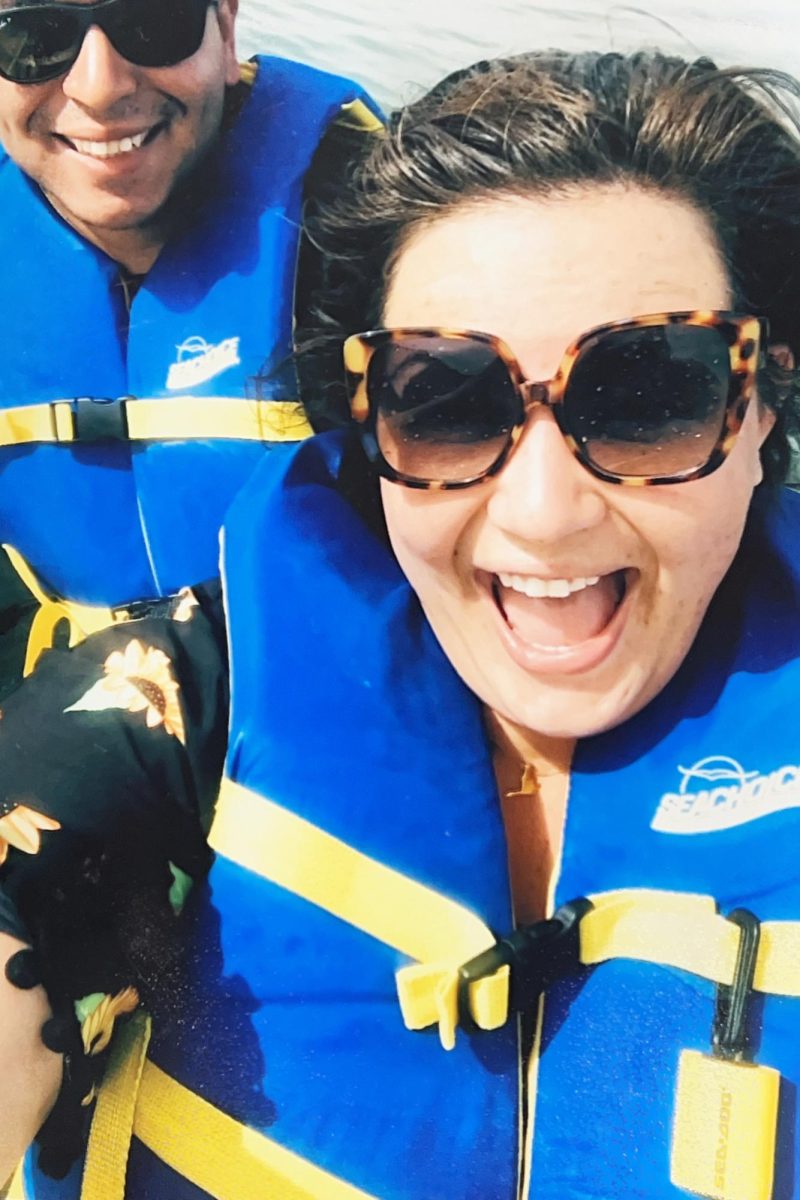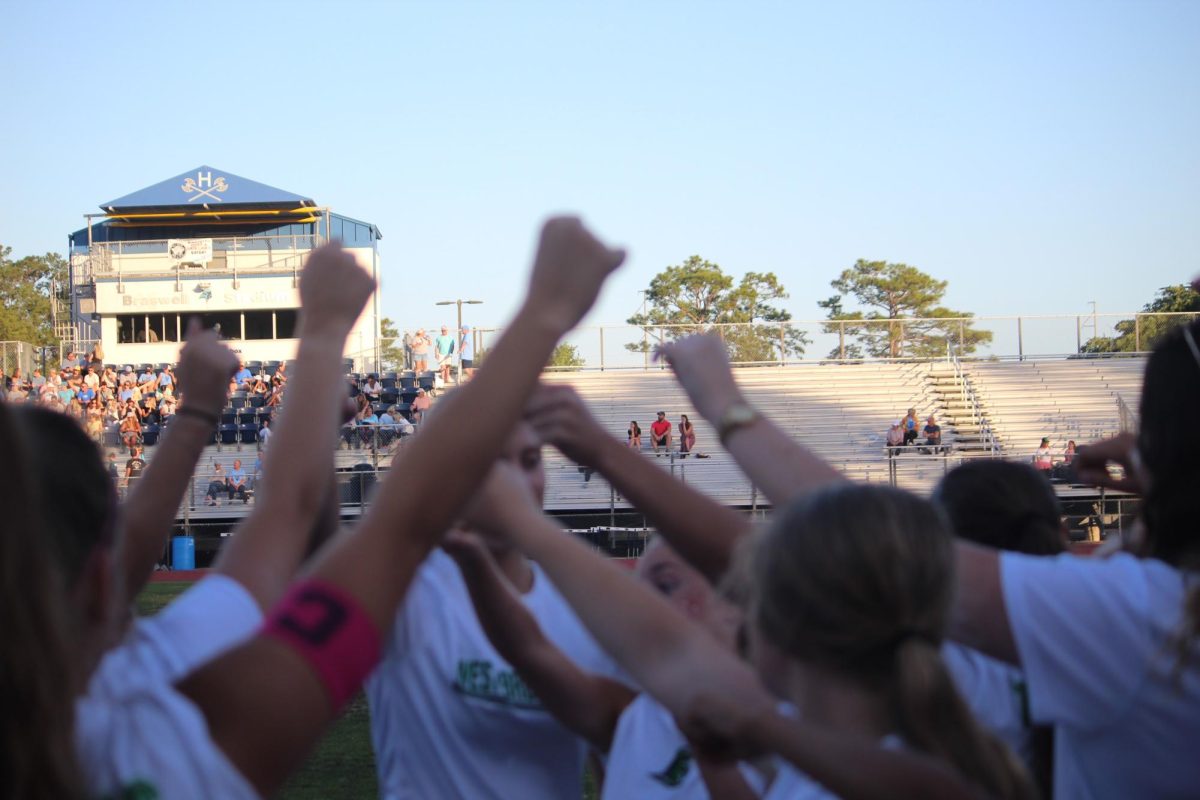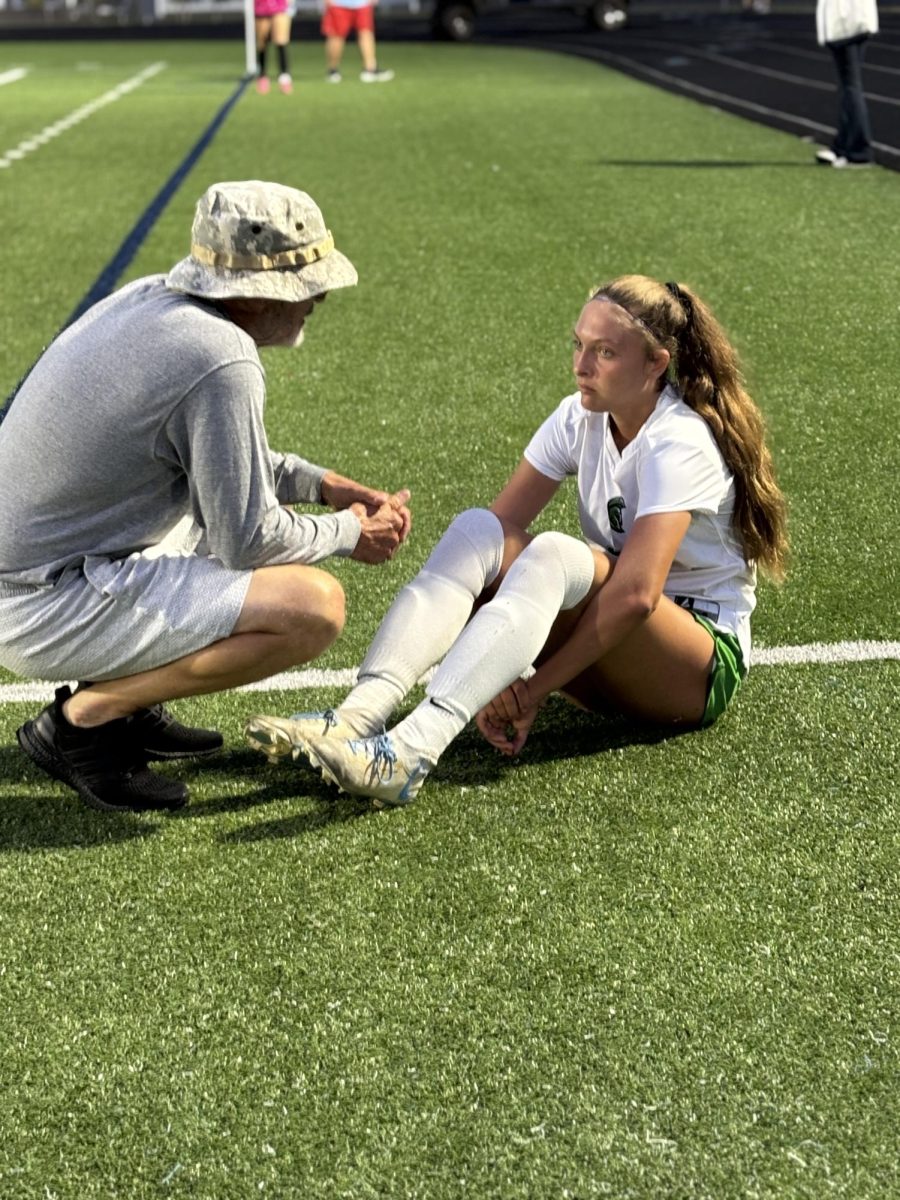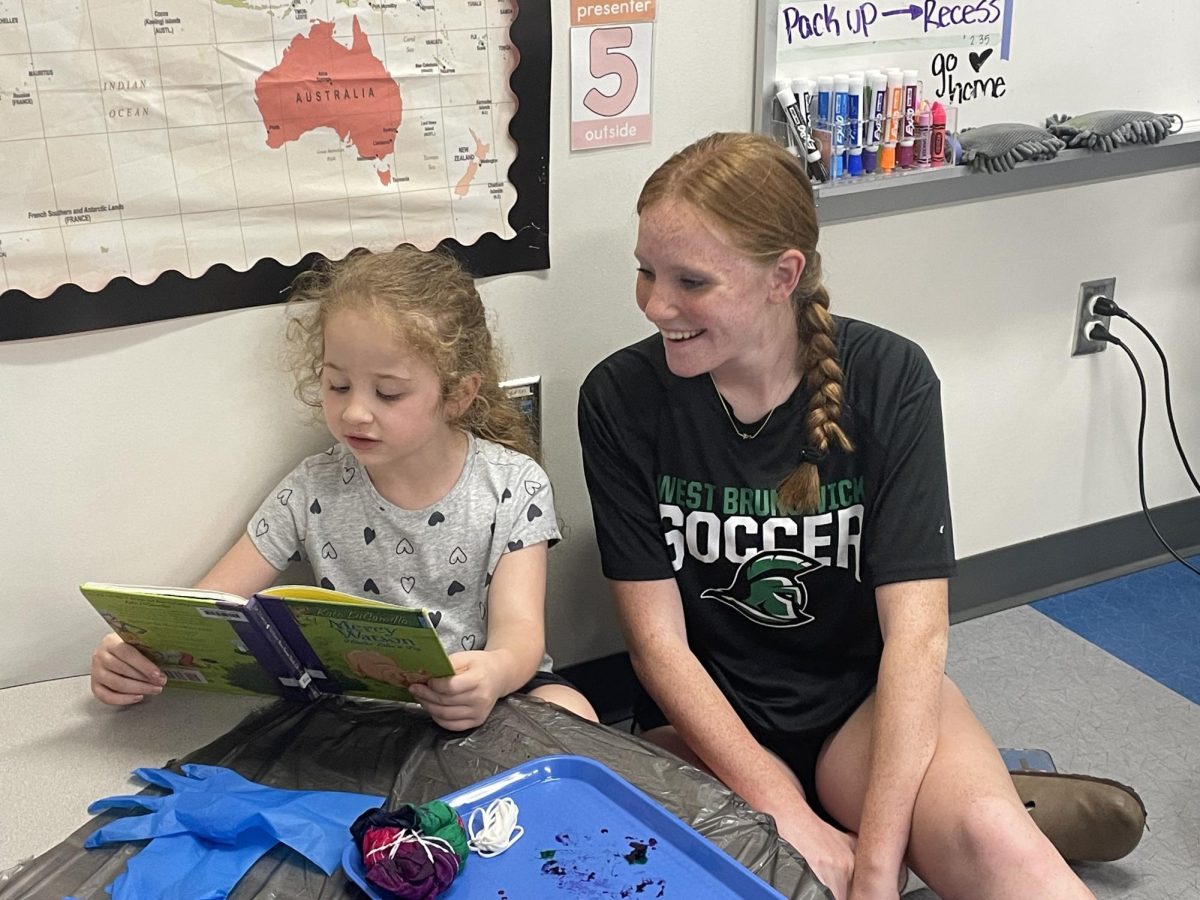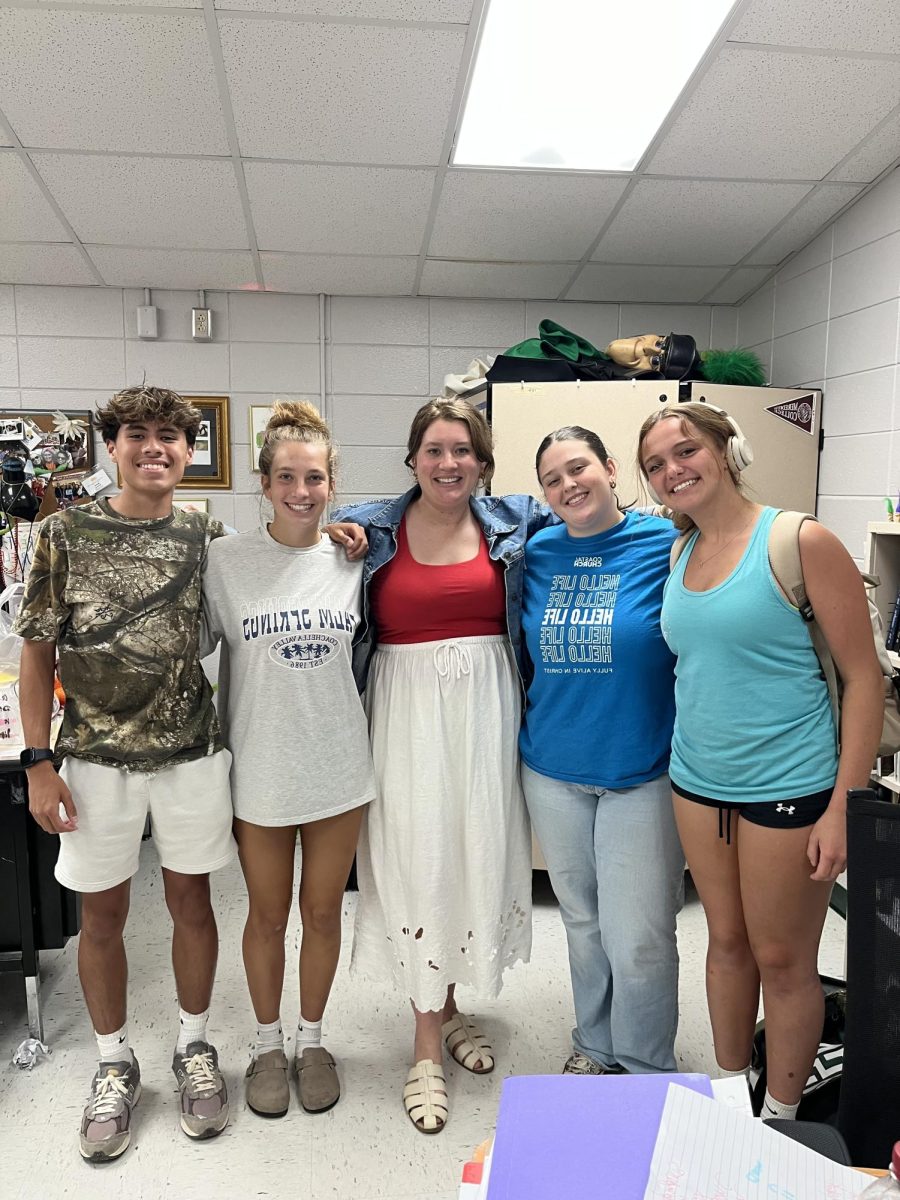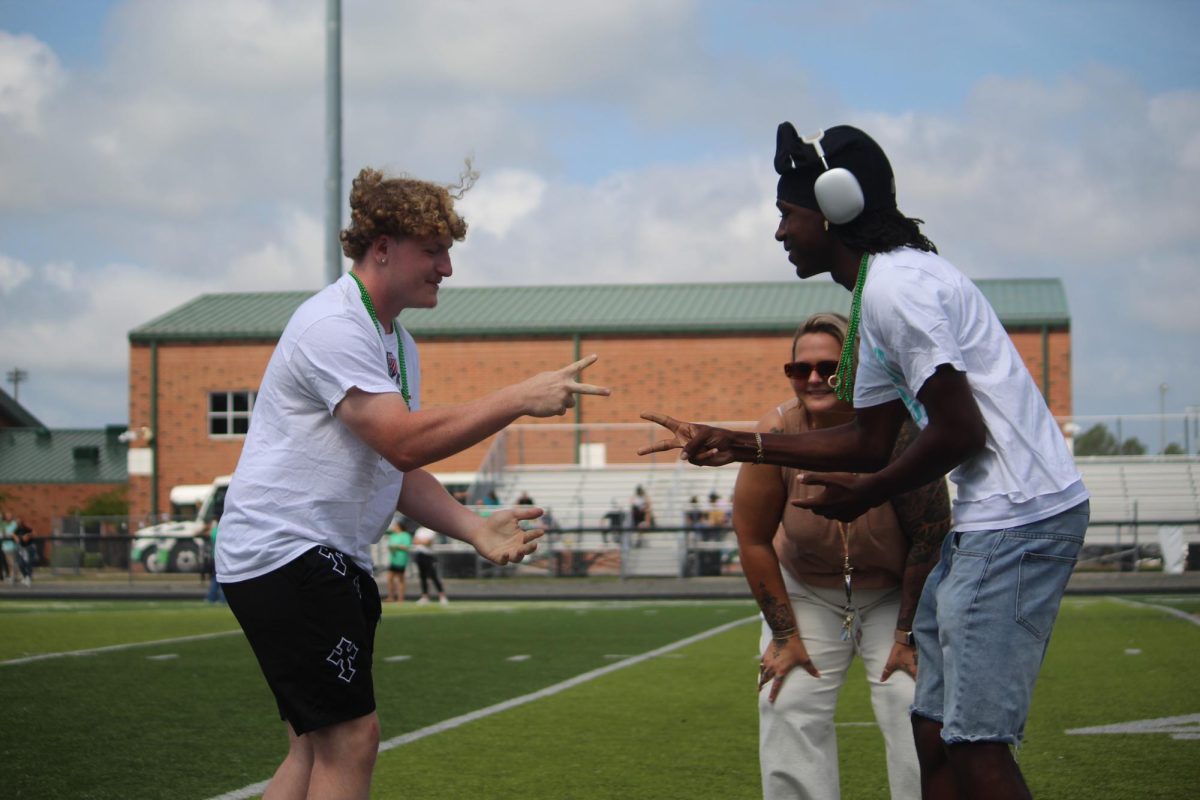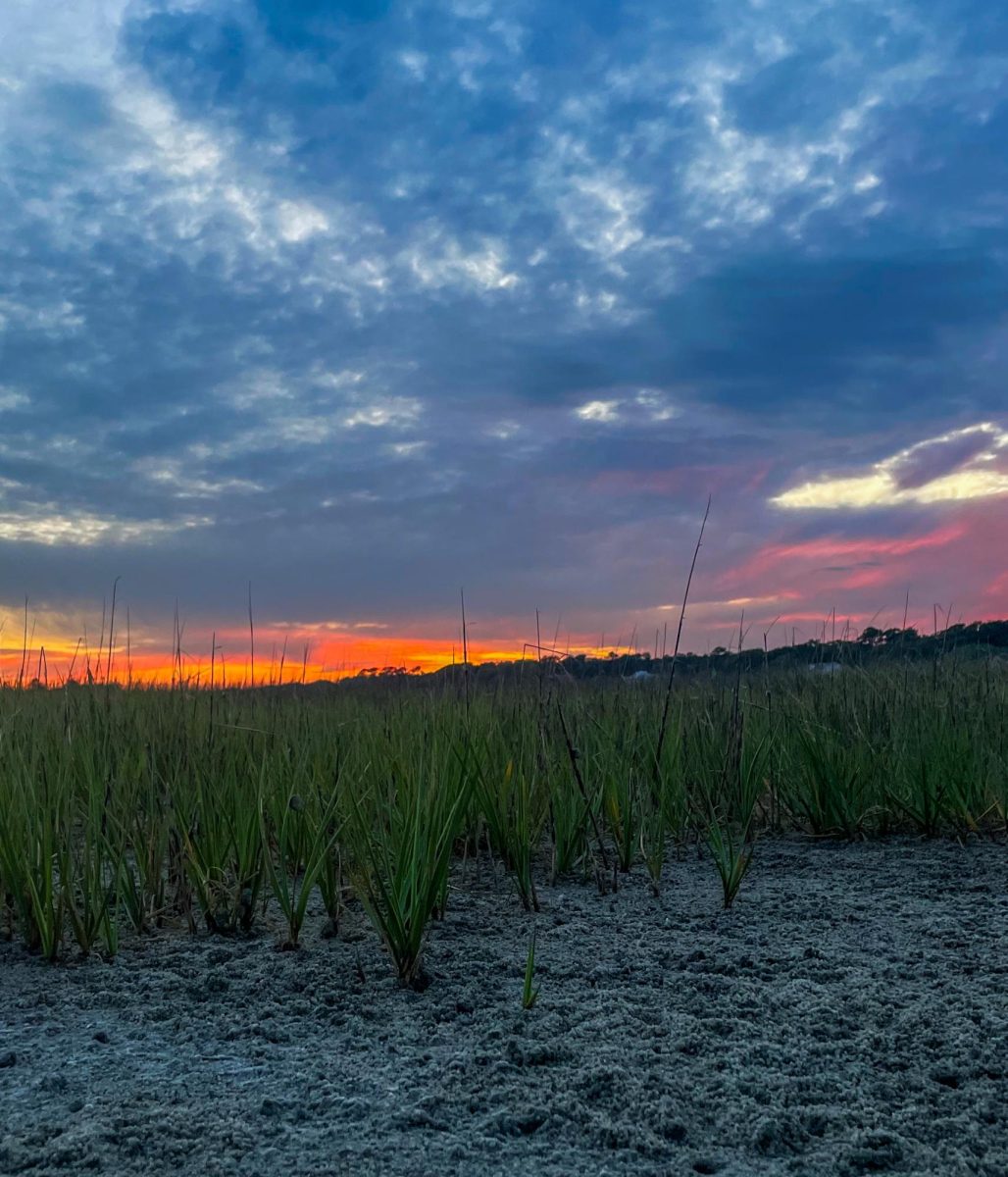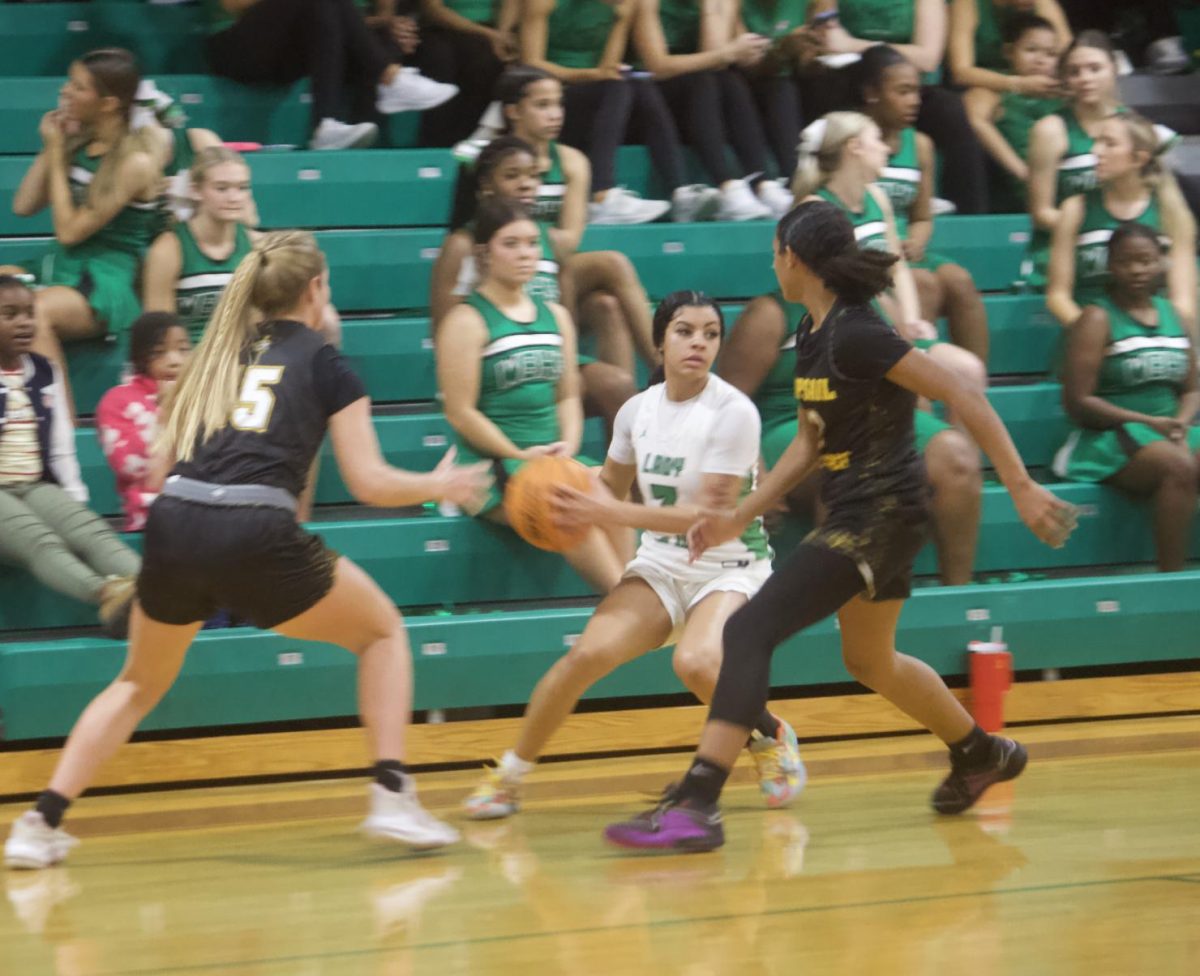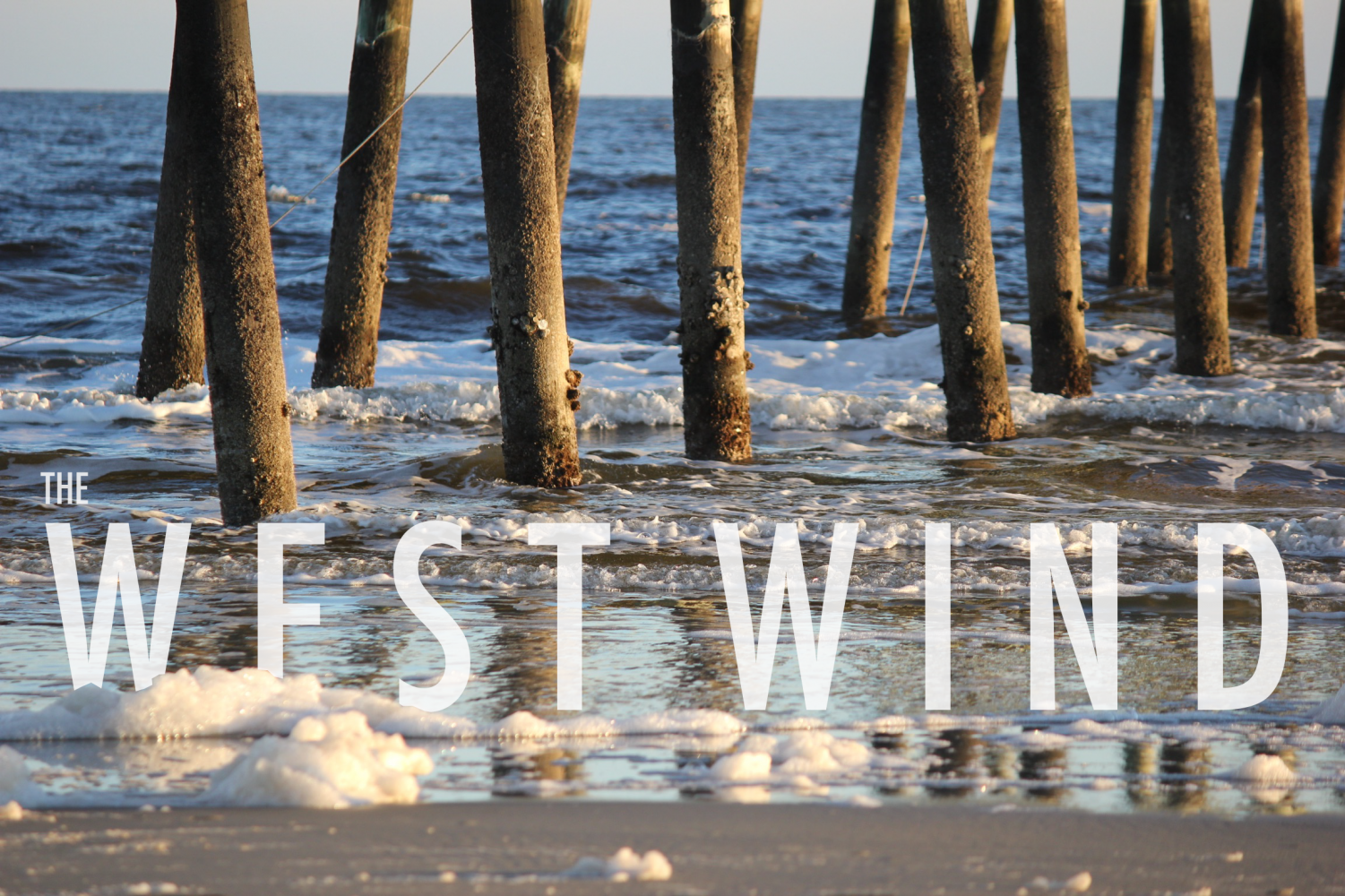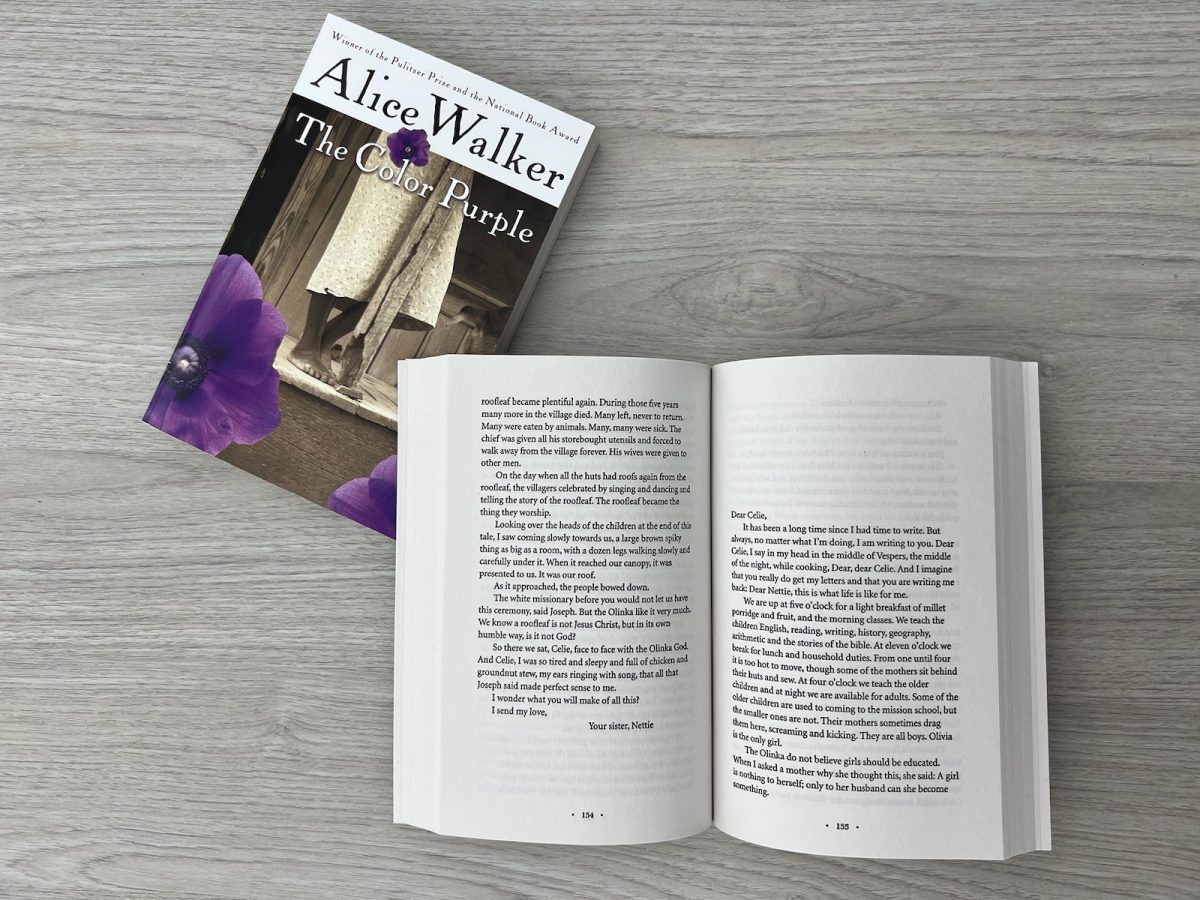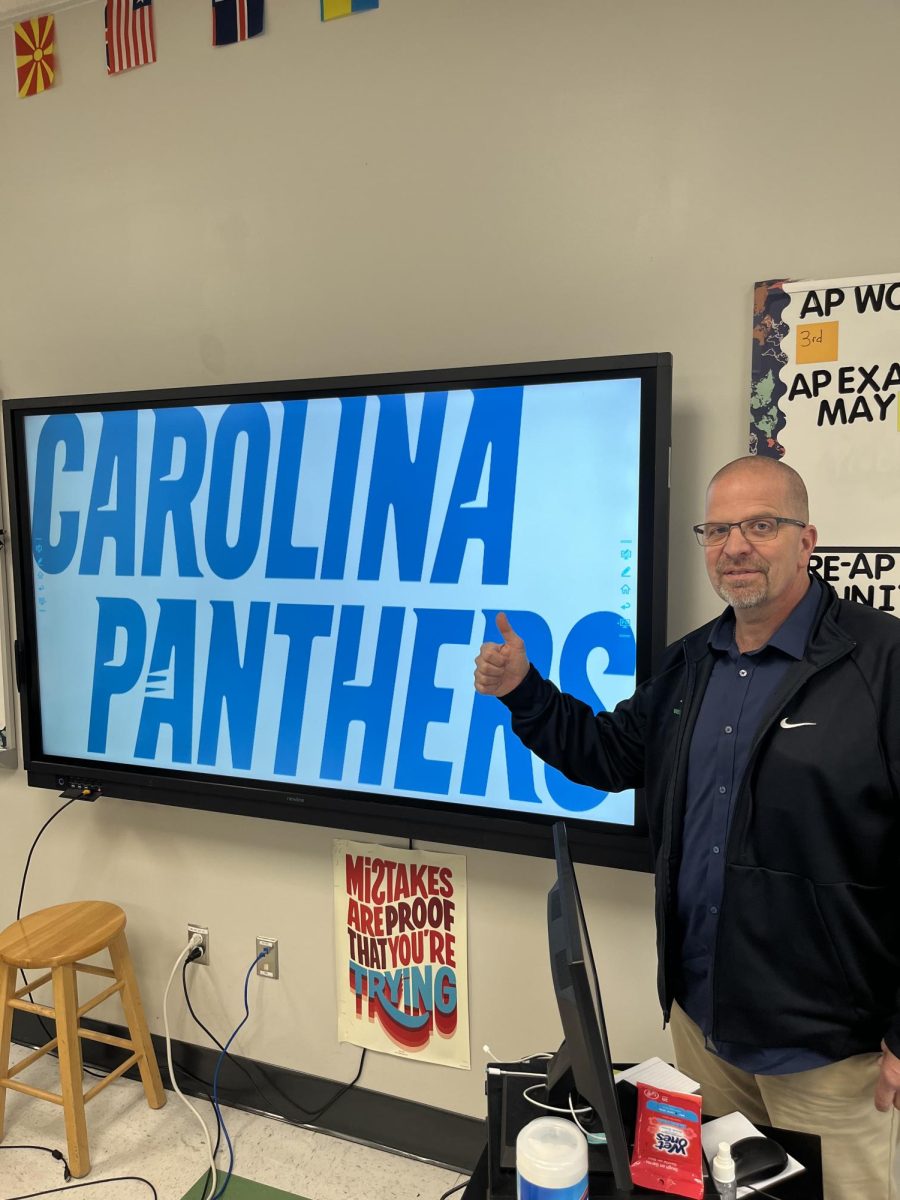Book banning is one of the most common ways to censor education. Books are constantly being challenged by parents at local schools and libraries. This impacts not only teachers due to a constant change in curriculum, but students too. Book bans narrow students’ exposure to different opinions, cultures and stories that are held within books.
“Many K–12 students do not have the luxury of being able to travel beyond their local communities,” said Maori Kirker, lead of the Teaching and Learning Team at George Mason University Libraries. “Books help students learn about the vast world they may not be able to physically access.”
Book bans in public K–12 schools are growing dramatically. According to a report by PEN America, the number of book bans across the country has increased by 33% in the 2022–23 school year compared to the 2021–22 school year. Activists, school board members and especially parents have been challenging all kinds of books. They often target books discussing controversial topics like race, gender, sexuality, inequality, etc. Parents are demanding more restrictions on what literature their children are exposed to in school.
Educators continuously struggle to effectively teach their students about important history and topics. English class is about improving fluency in speaking, strengthening writing skills, developing social and professional skills for future interactions. Books can help students learn to disagree respectfully on topics without getting aggressive or violent. It becomes increasingly difficult for teachers to develop these skills in students with so many restrictions on what literature they are allowed to read in class. Teachers are often fearful of allowing children to read certain books due to being subjected to scrutiny from parents and administrators. In a survey done by First Book Research & Insights, 87% of educators reported that they personally believe that book bans are rarely or never justified.
“Parents should have the right to request an alternate selection if they feel a text is objectionable to their beliefs,” said English teacher Kimberly Rochelle. “However, I do not feel that they should make the choice for the majority.”
Those who are most affected by book bans are students. When books are banned, the curriculum becomes unstable. It can be hard for students to imagine experiences other than their own. Books that represent different people and situations that they have never seen before can teach them empathy for other people. If they are not aware of different cultures, worldviews and religions, they could grow into ignorant members of society. Books can also be a tool students use to relate to their own personal struggles as well as help teach them how to handle difficult situations maturely and responsibly. Literature can help them connect to other readers, see things from other perspectives and understand the history behind certain books.
“I think the practice of banning books is detrimental to education in general,” said Rochelle. “I feel that the majority of books have value and should not be censored.”

